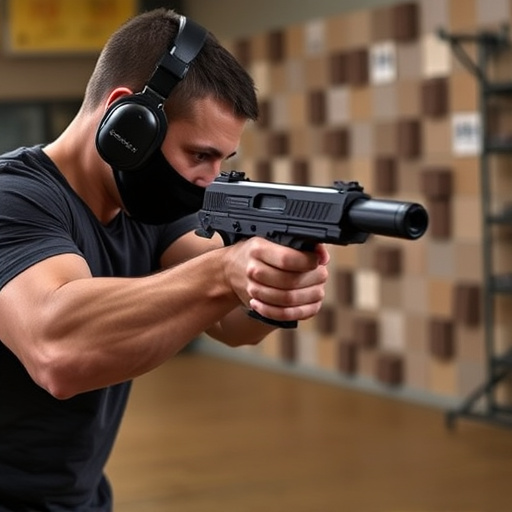Understanding state laws is essential for owning high voltage stun gun brands in the US, where regulations vary widely. Each state has unique rules regarding purchase, possession, and use, with age limits, permits, and allowed locations playing key roles. Brands must research these laws to ensure compliance and maintain a responsible ownership culture while respecting local legal standards.
In today’s safety-conscious world, many civilians are considering the purchase of high voltage stun guns (commonly known as tasers) for self-defense. But navigating the complex web of state laws governing taser ownership can be daunting. This article serves as a comprehensive guide, delving into the understanding of state regulations, popular high voltage stun gun brands from a legal perspective, eligibility criteria, and the process of buying and carrying these devices in compliance with the law.
- Understanding State Laws Governing Taser Ownership
- High Voltage Stun Gun Brands: A Legal Perspective
- Eligibility Criteria for Civilian Ownership of Tasers
- Navigating Regulations: Buying and Carrying a Taser Legally
Understanding State Laws Governing Taser Ownership
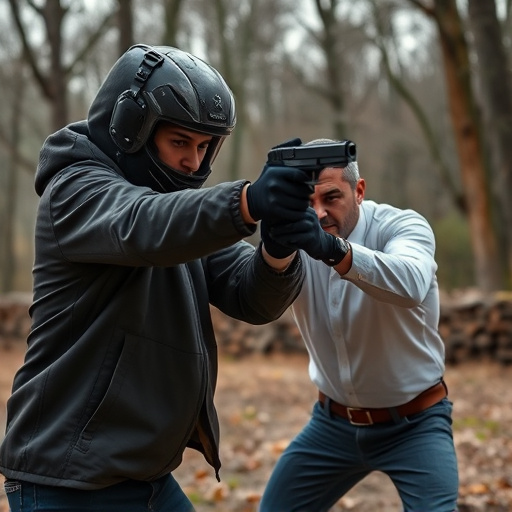
Understanding state laws governing taser ownership is crucial for any civilian considering acquiring a high voltage stun gun brand. Each U.S. state has its own set of regulations regarding the purchase, possession, and use of stun devices, including tasers. These laws vary widely from one state to another, determining factors such as permit requirements, age restrictions, and allowed purposes for ownership.
For instance, some states allow any law-abiding citizen to buy and carry a taser without a license or permit, while others mandate obtaining a special permit or even a concealed weapons license. Certain states also have specific high voltage stun gun brands approved for civilian use, ensuring safety and legality. Staying informed about these state laws is essential to avoid legal repercussions and ensure responsible ownership of high-voltage stun guns.
High Voltage Stun Gun Brands: A Legal Perspective
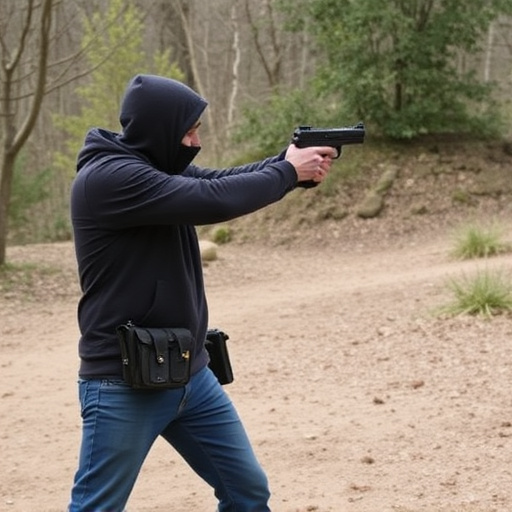
In the realm of civilian tasers, brands that offer high voltage stun guns often find themselves at the center of legal discussions. The legality of these powerful personal defense tools varies significantly across state laws in the US. For instance, while some states allow open carry with minimal restrictions, others have stringent requirements, including licensing or training certifications.
High Voltage Stun Gun Brands must navigate this complex landscape to ensure their products comply with local regulations. Top brands often invest heavily in legal research and compliance to offer their customers peace of mind. This involves understanding not only federal laws but also state-specific rules regarding stun gun ownership, use, and transportation. Such vigilance is crucial to protect both the brand’s reputation and the rights of responsible citizens who rely on these devices for self-defense.
Eligibility Criteria for Civilian Ownership of Tasers
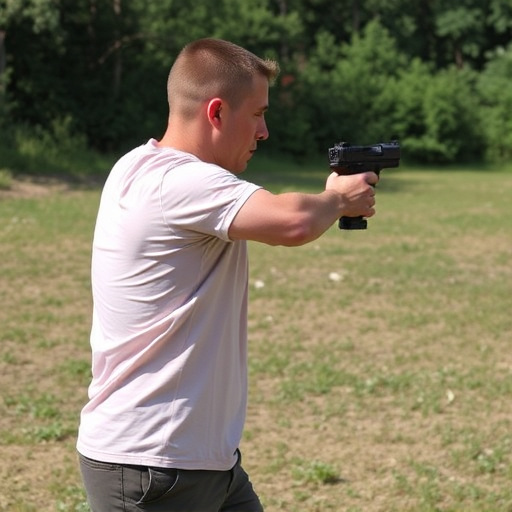
In most states, individuals looking to own a taser for civilian use must meet specific eligibility criteria. These requirements often include being at least 21 years old and having no prior convictions for violent offenses or felony charges. Some states also mandate successful completion of a certified self-defense or firearms safety course. The purpose behind these guidelines is to ensure responsible ownership while mitigating potential risks associated with the use of stun guns, particularly high voltage stun gun brands.
Additionally, civil taser ownership laws may vary by state, dictating permits, registration, and even specific models approved for private citizens. Certain states allow qualified individuals to carry tasers openly or concealed, subject to local ordinances and restrictions. When considering civilian taser ownership, it’s crucial to research and understand the specific requirements in your jurisdiction, focusing on recognized high voltage stun gun brands that meet legal standards for safety and efficacy.
Navigating Regulations: Buying and Carrying a Taser Legally
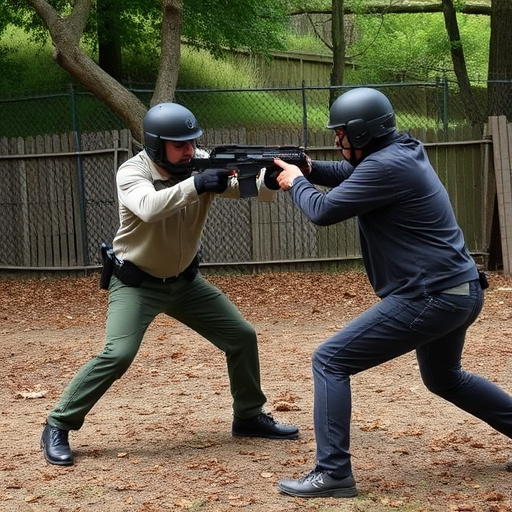
Navigating state laws regarding civilian taser ownership is crucial before purchasing and carrying a high voltage stun gun. Each U.S. state has its own set of regulations, varying from strict to lenient, that dictate who can own, carry, and use these devices. Key factors influencing these laws include public safety concerns, the level of criminal justice background checks required for purchase, and specific restrictions on where tasers can be carried (e.g., schools, courthouses).
When considering a taser from high voltage stun gun brands, it’s essential to research your state’s specific requirements. Some states, like Texas and Florida, allow qualified individuals to carry tasers without a permit, while others mandate obtaining a special license or permit. Understanding these regulations not only ensures compliance with the law but also promotes responsible taser ownership and usage.
Understanding state laws governing taser ownership is crucial for ensuring compliance and safe civilian use. With varying eligibility criteria and regulations, navigating the legal landscape is essential before purchasing a high voltage stun gun brand. By adhering to these guidelines, responsible individuals can legally acquire and carry tasers while promoting public safety. Remember, staying informed about your state’s laws is key to being a proactive and aware citizen.
